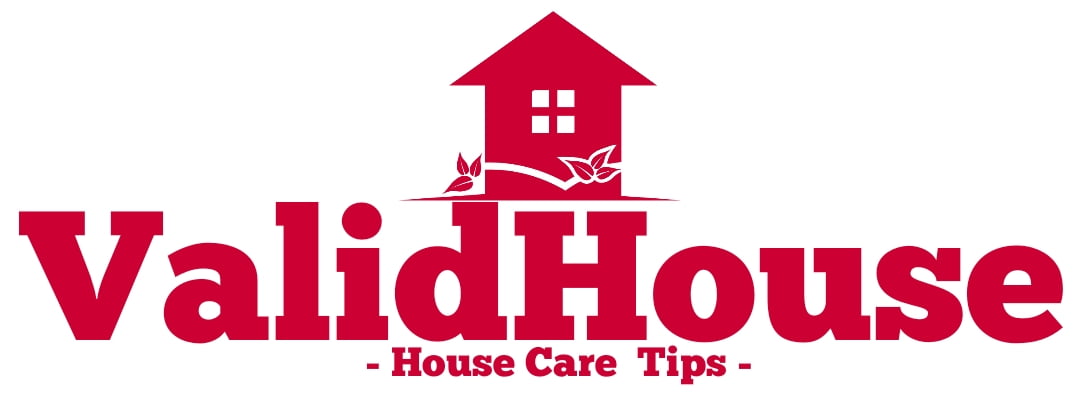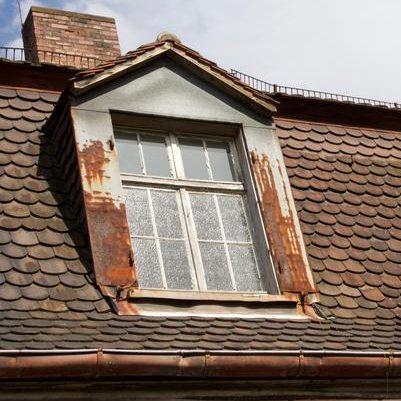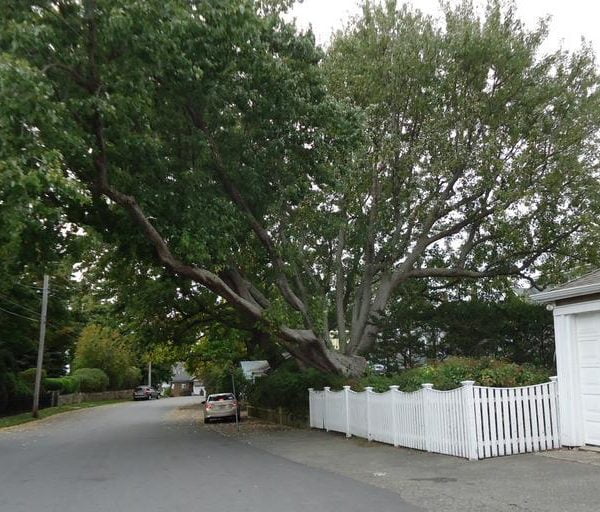Say, you’re a prospective homeowner in need of a chunk of money to finance the purchase of your dream home, and after seeking various alternatives, the only feasible way out is to request a mortgage loan.
There is one issue, however, which is the fact that your dream home, the one you are requesting a mortgage loan for, is also in dire need of a new roof. So, the question is, can I get a mortgage on a house that needs a new roof?
You cannot get a mortgage on a house that needs a new roof because the lenders cannot grant you a mortgage on the house and run the risk of taking on huge costs of repairs to sell the house if you eventually defer your mortgage payments.
The home isn’t in the best condition for the mortgage lenders to approve because the roof has been dilapidated, broken, dented, and damaged as a result of time, hailstorms, human negligence, and other external forces that can constitute damages to the roof of a home. Hail damage in a house is disheartening.
Table of Contents
Can I Get a Mortgage on a House that Needs a New Roof?
No, you cannot get a mortgage on a house that needs a new roof. Once lenders see that your dream house needs major repairs or has a series of postponed repairs, such as broken walls, damaged porches, or a damaged roof, it is automatically a red flag for lenders.
They cannot grant you a mortgage on the house and run the risk of taking on huge costs of repairs to sell the house if you eventually defer on your mortgage payments and they have to repossess it.
Reasonable lenders who long to make profits would completely avoid such scenarios and would deny your request for the mortgage on the first try.
Many of the lenders, if they are keen to loan you the money, would suggest that you go ahead the first repair whatever damages to the house, or ask the previous homeowners to do so – in this instance, changing the old roof into a new one – before they can be issued the mortgage loan you have requested for.
However, in many cases, lenders don’t even offer such an option as they always want to avoid headaches by whatever means possible, and they usually consider ‘bad houses’ – that is, houses with problems such as a bad roof – a problem for them.
The best bet is for you to have the sellers replace the roof first before applying for the mortgage loan in the first place.
This is because the house must meet the standards of the lenders before they can approve your loan. Moreover, the approval of mortgage loans also depends largely on the standards of the lenders and the quality of the mortgage they give.
After inspecting the home and finding damages on the roof, some lenders might accept minor damages to the roof or house as long as they are not obvious and won’t appear in the appraisal, while some other lenders have higher standards such that, even a minor dent or damage to your roof would result in them refusing your mortgage request.
Now, let’s understand the concept of mortgage loans.
What is a Mortgage?
In simple terms, a mortgage, or a mortgage loan is a legally binding agreement in writing between a lender and a borrower who wants to buy a home or refinance a home he already has but doesn’t have some or all the money that will bring this to fruition, to borrow the amount needed for the purchase of the house from the lender.
The terms of the mortgage always expressly state that failure to abide by the repayment terms for the loan will lead to the mortgage companies repossessing the property on the mortgage and they reserve the right to sell it to other homeowners whenever they please to recoup the amount borrowed.
For example, Mr. Barnes finds that his dream home has been put up for sale, but he had just spent all his money on another capital project, so he doesn’t have enough cash to pay for the home.
He can then decide to meet a mortgage lender or company to request a mortgage that will help him finance the purchase of the house.
The mortgage company, after inspecting the house and confirming that it is up to their standards, agrees to enter into a mortgage contract which states that, upon failure to repay the money Mr. Barnes has borrowed, plus the stated interest, the mortgage company has the right to repossess the home and do with it as they want.
The concept of a mortgage is very rampant. Many people prefer to buy a home with a mortgage as they would rather pay for the home bit by bit, a cost-plus interest spread over several years as agreed in the mortgage contract than pay in full, an out-of-pocket fee that can leave them broke.
However, not everybody is qualified for a mortgage loan. People who do not have a stable income, whose loan cannot be charged to a definite income are not eligible for mortgage loans.
Also, people who have a low credit score, or a huge debt-to-income ratio will be regarded as not eligible for mortgage loans.
So, to be eligible for a mortgage loan, you should work on your credit score, pay off as many debts as you can, and get a steady and reliable income. So is my insurance going to go up if I get a new roof?
Effects of Bad Roofs on Mortgage for House
The effects of bad roofs on a mortgage for a house include:
Denied Mortgage
You would hardly see a lender that will accept to give a mortgage loan for a house with a bad roof. This is because if it turns out that they would need to repossess the house, the appraisal for the house would often be far lower than the mortgage they have given.
They would have to settle for a loss on the deal, or before selling the house, to increase its market appraisal, they would decide to replace the roof themselves.
Either way, it would result in a loss for them. For this reason, many lenders deny mortgage requests for a house with a bad roof.
Low Mortgage Appraisal Value
If you eventually find a lender that is willing to pay a mortgage for a house with a bad roof, probably because the house isn’t completely below the standards of the lender, the amount of money on the mortgage would be much lower than the cost of the house, defeating the major purpose of requesting for the mortgage in the first place.
If you find a lender giving a mortgage lower than the cost of the house, you might have to seek other means to complete the payment of the home and still run the risk of it getting repossessed after you have spent your own money on it. Usually, this scenario ends in a loss for the buyer.
Importance of Mortgage on Houses
- Reduces the Cost of Borrowing: In mortgage loan contracts, the interest rate is usually lower than other types of loan or other forms of borrowing because they already have a very secure means of repayment if you default on the contract; which is your house.
- Increases the Possibility of Owning a Home: Since you don’t have to worry about paying in full once you want to purchase a home, you can’t do that, mortgage loans help increase the chances of owning a home, provided you have a good credit score and a steady, secure income that will help you pay back your mortgage loan.
Final Thoughts
Mortgages are a good way to go when you want to purchase a new home, but this will only benefit you hugely if the home is in perfect condition.
A home with a perfect roof, one that doesn’t need any major maintenance will be appraised correctly, and application for mortgage loans will be approved.
If you want to get a mortgage for a home, but you figure out the roof of the home needs to be replaced, you should ask the sellers to replace the roof before you apply for the mortgage loan, else your application will be denied, or if you eventually get a lender who is ready to offer you mortgage irrespective of the bad roof, you will get a low mortgage, thereby short-changing yourself on the deal.




